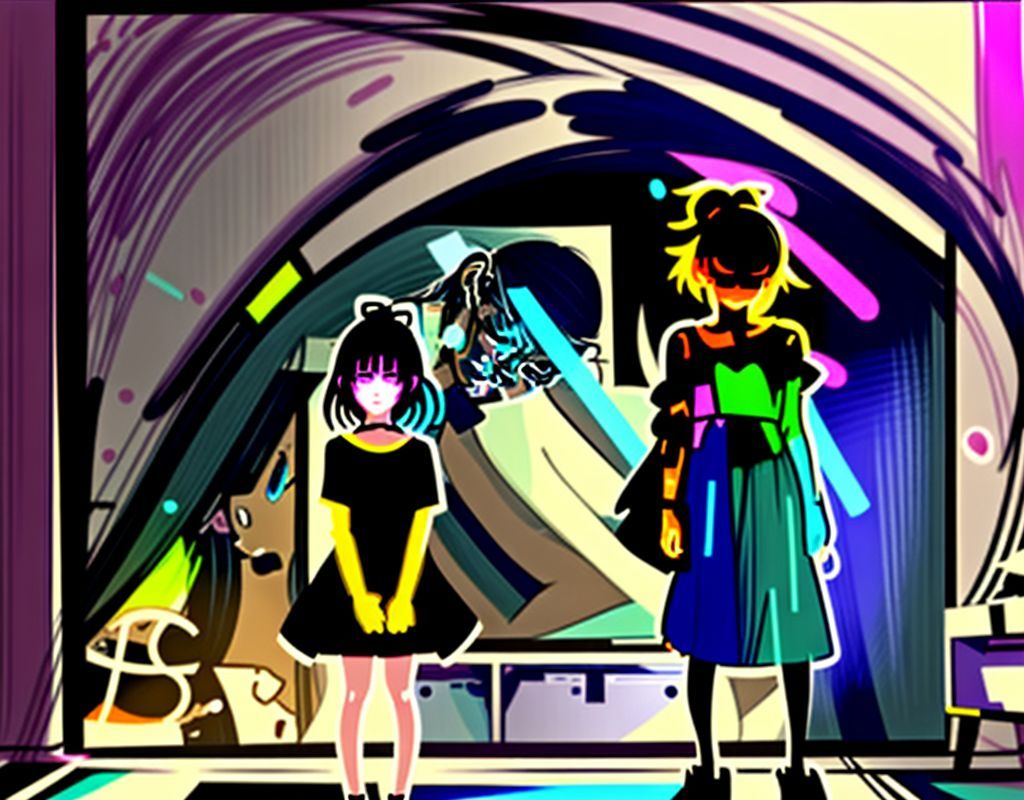
〜ppanashi: The Secret to 'Calling Out' Bad Habits
〜っぱなし: The secret to 'calling out' bad habits
Have you ever come home to find the bathroom light still on, the TV blaring with no one watching? 📺 Or gotten annoyed because your roommate leaves the water running while brushing their teeth? 💧
For those times when you want to complain about such carelessness, about things being 'left as is,' the Japanese have an extremely effective 'secret weapon': 〜っぱなし (ppanashi).
💡 What is 〜っぱなし?
Simply put, 〜っぱなし describes the action of doing something and then leaving it in that state without performing the necessary follow-up action (like putting it away, turning it off, or closing it). It often carries a negative nuance, implying carelessness, thoughtlessness, or neglect.
Super easy formula to remember:
Verb (ます-form, drop ます) + っぱなし Example: 開けます (akemasu) → 開けっぱなし (akeppanashi)
🗣️ Let's see how the Japanese 'call each other out'!
This structure is extremely common in daily life, especially in 'light' complaints.
Everyday situations:
-
When your roommate is a 'master' of forgetfulness:
「また電気つけっぱなしだよ!節約してよ!」 (You left the light on again! Be more frugal!)
-
When your 'better half' has a slightly messy habit:
「夫は靴下をいつも脱ぎっぱなしにするから、本当に困る。」 (My husband always takes his socks off and just leaves them there, it's really a problem.) 🧦
-
When you 'call yourself out':
「やばい!エアコンをつけっぱなしで来ちゃったかも!」 (Oh no! I think I might have left the AC on before I left!) 😱
Not just for complaining!
Sometimes, 〜っぱなし is also used to describe an action that continues for a long time, not necessarily with a critical meaning.
「昨日は一日中立ちっぱなしの仕事で、足がパンパンだよ。」 (Yesterday's job had me standing all day long, so my legs are swollen.) 🚶♀️
「電車で1時間も座りっぱなしだったから、お尻が痛い。」 (I was sitting continuously on the train for an hour, so my butt hurts.) 🚃
🤔 How is it different from 「〜まま」?
This is a question many Japanese learners have. Both describe a state that is maintained, but their nuances are worlds apart!
| Vた + まま | V(ます) + っぱなし | |
|---|---|---|
| Nuance | Neutral, just describes the state. | Often has a negative, critical, or careless nuance. 😠 |
| Example | 窓を開けたまま寝た。 (I slept with the window open - simply describes the fact) | 窓を開けっぱなしで寝た。 (I slept with the window left open - implies it should have been closed but was forgotten) |
| Another Example | テレビをつけたまま出かけた。 (I went out while the TV was on) | テレビをつけっぱなしで出かけた。 (I went out leaving the TV on - implies carelessness) |
In short, if you just want to describe a state, use 〜まま. But if you want to add a little 'spice' of complaint or criticism to your sentence, 〜っぱなし is your weapon!
✨ Conclusion
〜っぱなし is not just grammar; it's an extremely useful communication tool that helps you express the small frustrations of life in a very 'Japanese' way.
Next time you see someone use something and not put it away, instead of scowling, try saying softly: 「それ、置きっぱなしだよ」(You just left that there, you know?). I guarantee they will get your 'hidden meaning' right away! 😉
Thẻ liên quan:
Lan tỏa kiến thức
Chia sẻ những điều hay ho với bạn bè